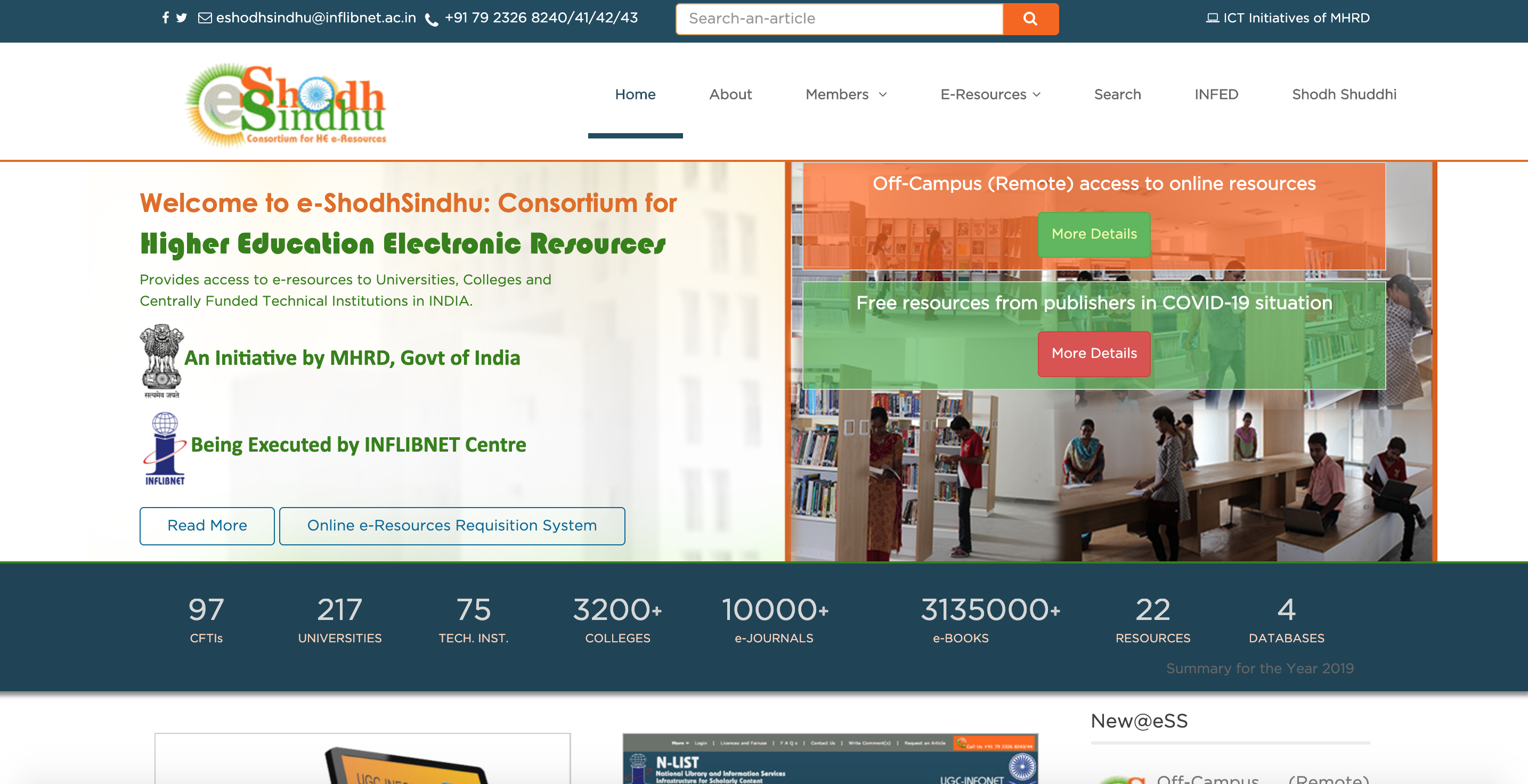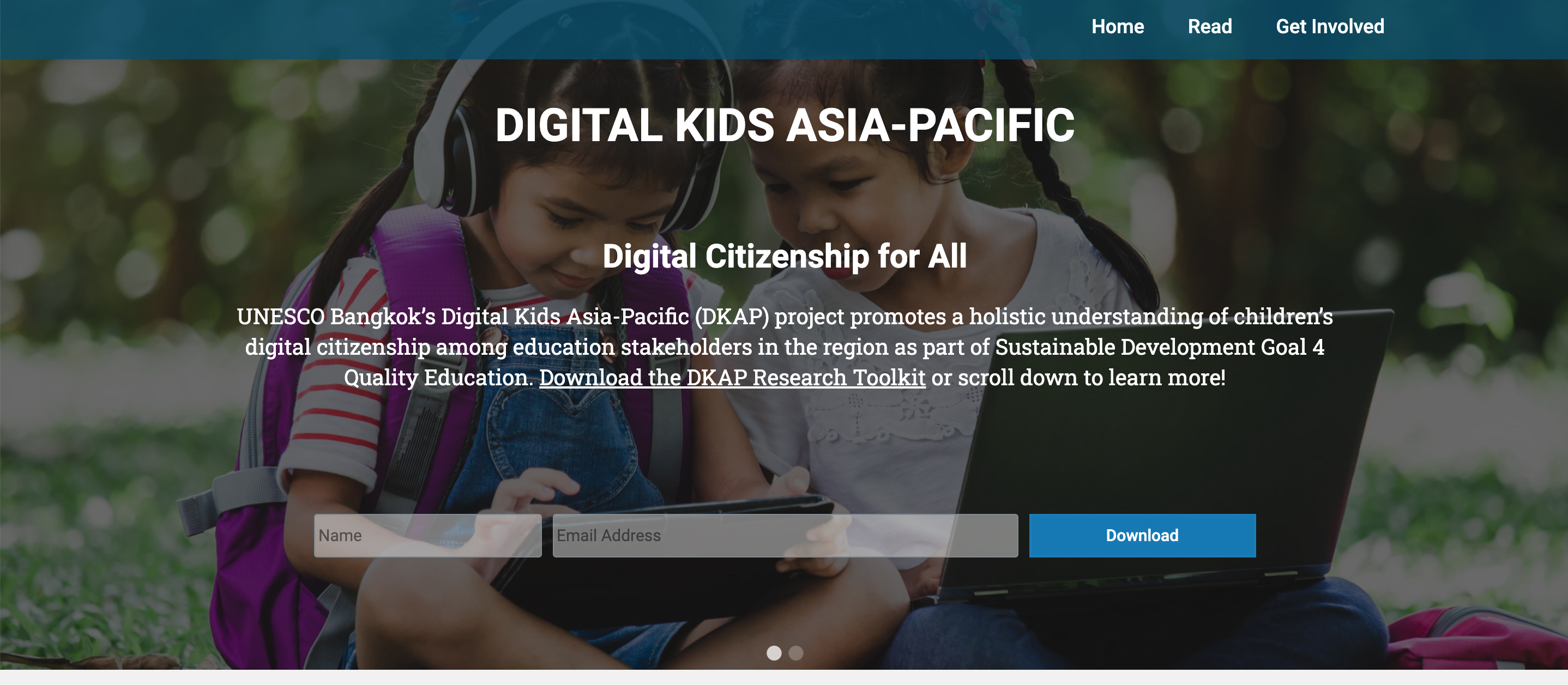Teachers
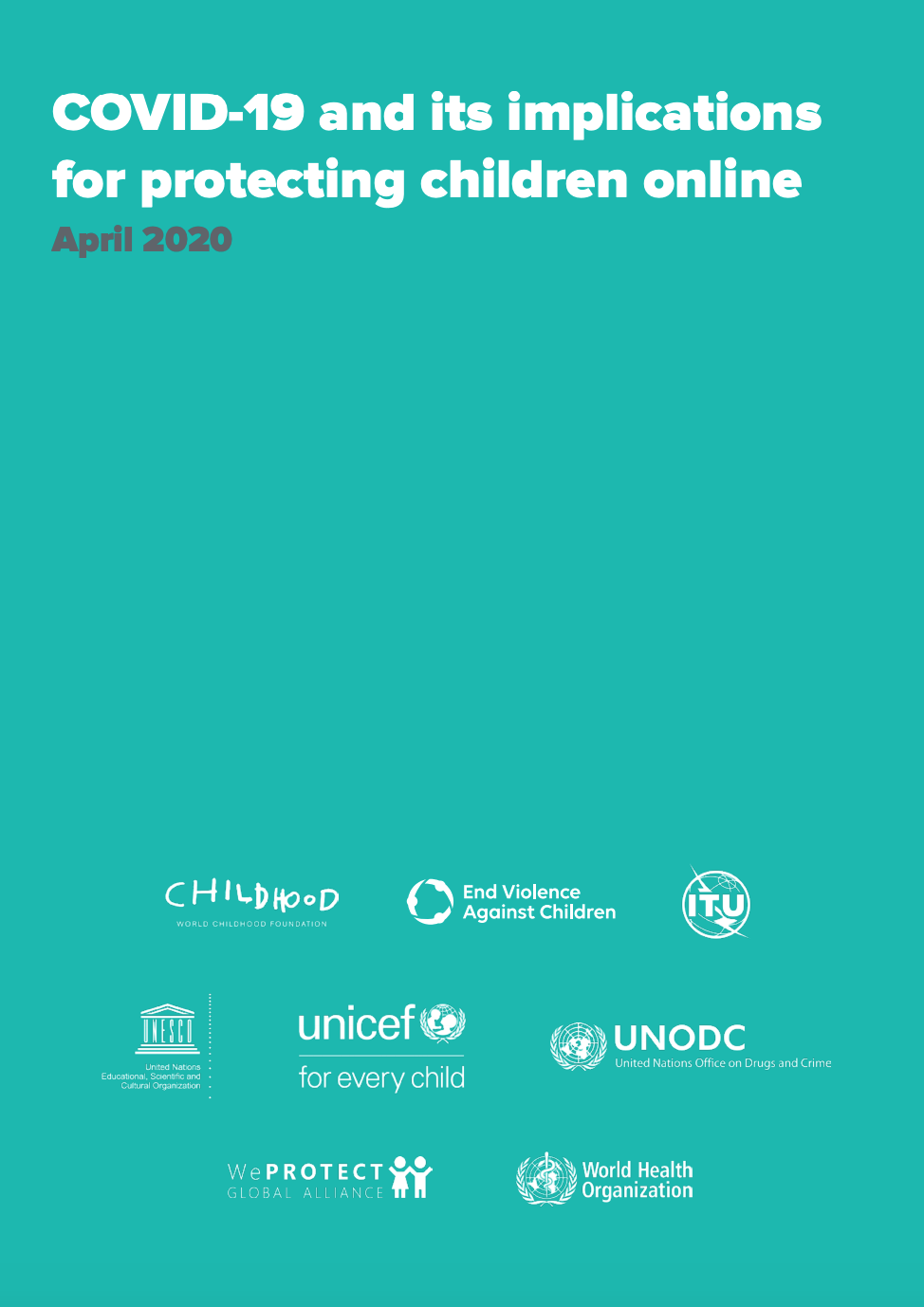
Author: UNICEF together with its partners, Global Partnership to End Violence against children, International Telecommunication Union (ITU), United Nations Educational, Scientific and Cultural Organization (UNESCO), UN Office on Drugs and Crime (UNODC), WePROTECT Global Alliance, World Health Organization (WHO), and World Childhood Foundation USA
Audience: Policymakers, Teachers, Caregivers and Parents
Languages: English
Geographical Scope: Regional
This technical note from UNICEF and partners sets out some of the key priorities and recommendations on how to mitigate those risks and promote positive online experiences for children.
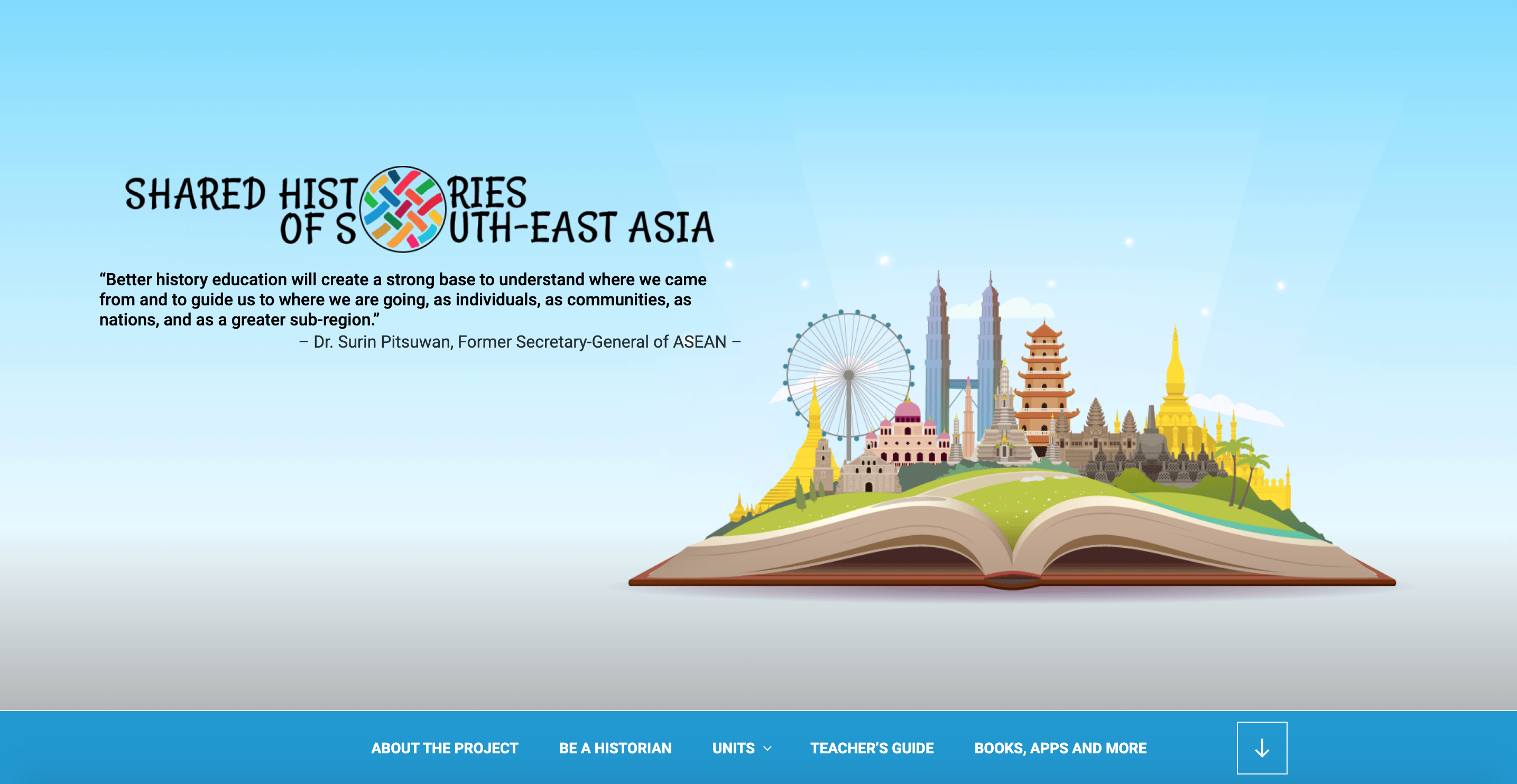
Author: UNESCO Bangkok
Audience: Teachers
Language: English
Geographical Scope: Southeast Asia
A platform that helps educators become familiar with the content of the South-East Asia Shared Histories programme. It will present suggested lesson plans and activities that they can use with their students.
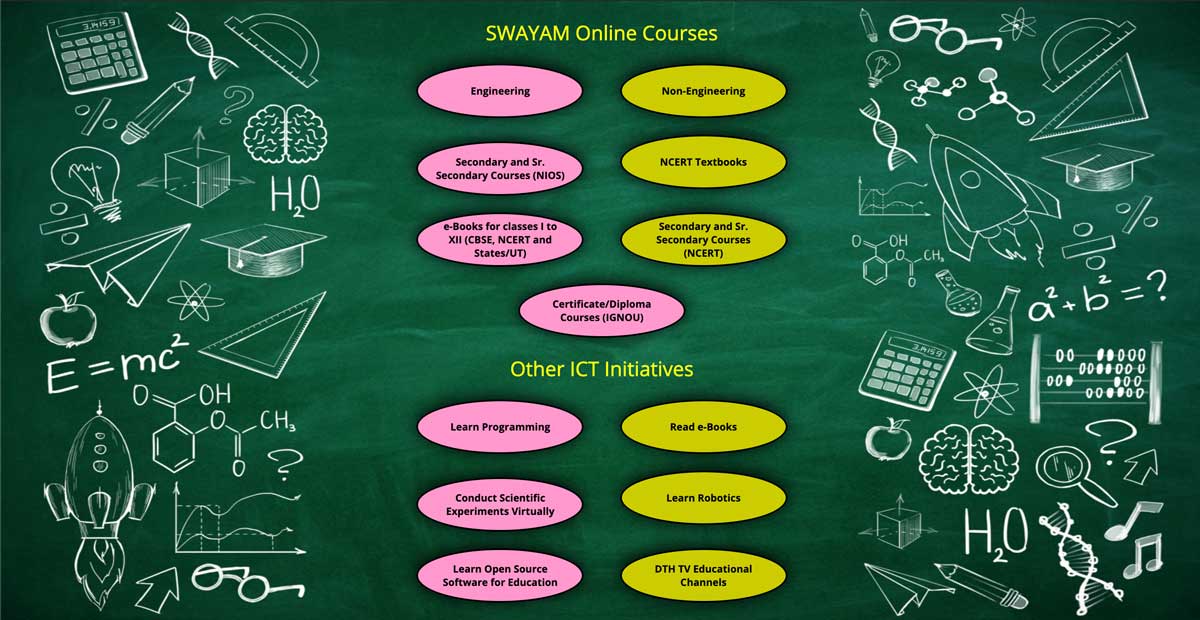
Author: Ministry of Human Resource Development, Government of India
Audience: Teachers, Students
Language: English, Hindi
Geographical Scope: India
A platform that provides access to best teaching learning resources that were earlier delivered on the SWAYAM Platform may be now viewed by any learner free of cost without any registration. Students/learners who registered for January 2020 semester can continue their learning as usual.
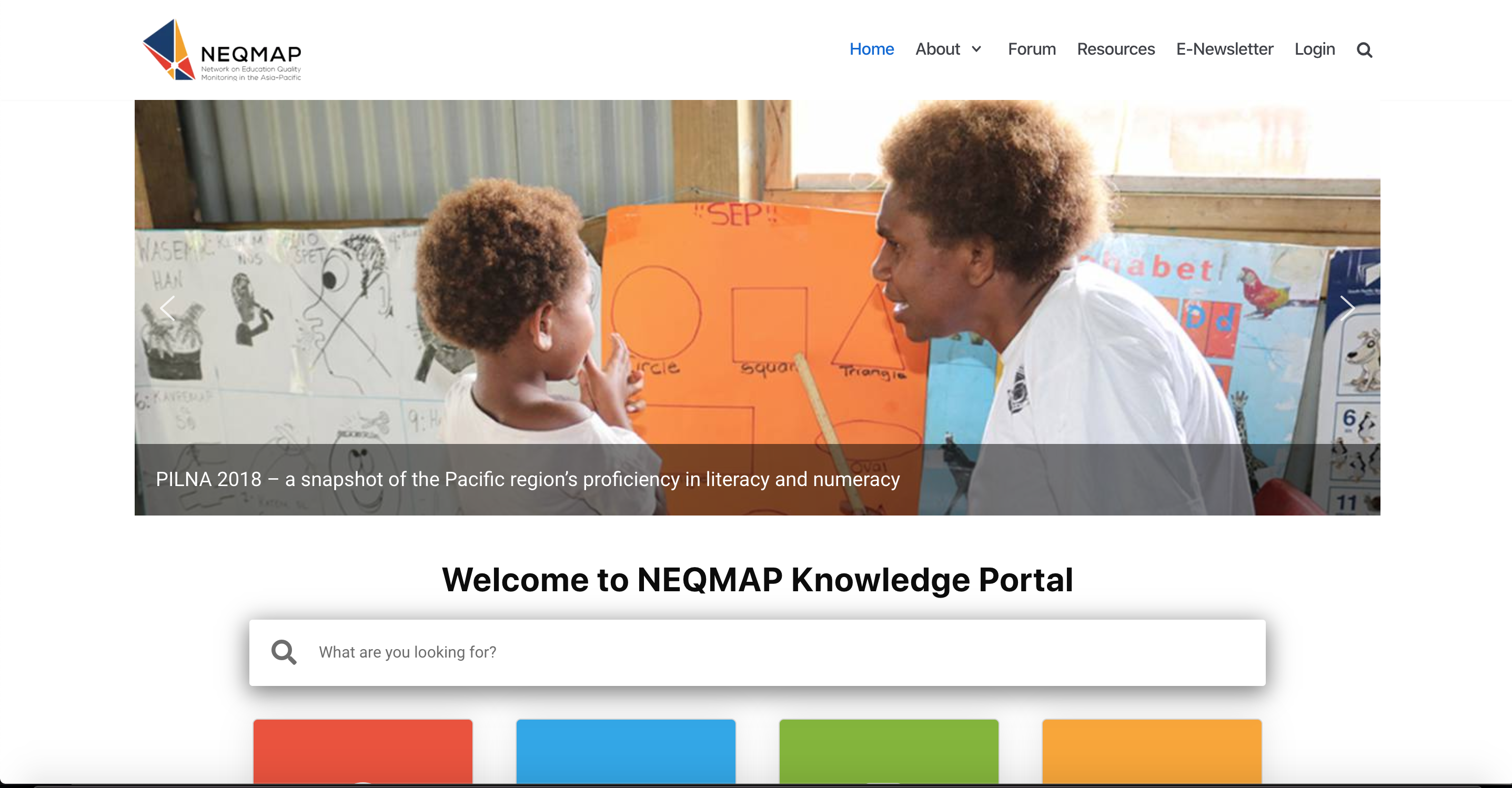
Author: NEQMAP Secretariat/ UNESCO Bangkok
Audience: Policymakers, Teachers, General Public
Language: English
Geographical Scope: Regional
A database comprised of resources and documentation related to learning assessment, curriculum and pedagogy in the Asia-Pacific region and beyond.

64 cards summarize key expert recommendations on several topics related to learning at home, working remotely, staying healthy, talking about COVID-19 and information hygiene, relationships, and leisure time during home confinement.
The cards provide:
- Useful tips for parents, caregivers and teachers how to talk to children of different age about COVID-19 and be prepared to answer difficult questions
- Rules to stay motivated to study or work remotely, organize daily routine and balance work, study and the rest
- Universal precautious measures to stay safe and protect others including those who cannot work remotely
- Ideas how to maintain physical and mental health, read news about the coronavirus and cope with stress
- Advice how to support healthy relationships and communication without discriminating those affected by COVID-19
English Version
1. What question children could ask about the virus?
2. How to talk to your children about the coronavirus?
3. Talking about the virus with children of ages: Helpful tips
4. Seven rules to stay motivated to study or work during quarantine
5. How to study at home and prepare for exams during quarantine?
6. What if going into quarantine is not an option yet?
7. How to read news about the coronavirus?
8. How to cope with stress in a pandemic?
9. Chasing the virus, not the people: How to deal with stereotypes around the coronavirus?
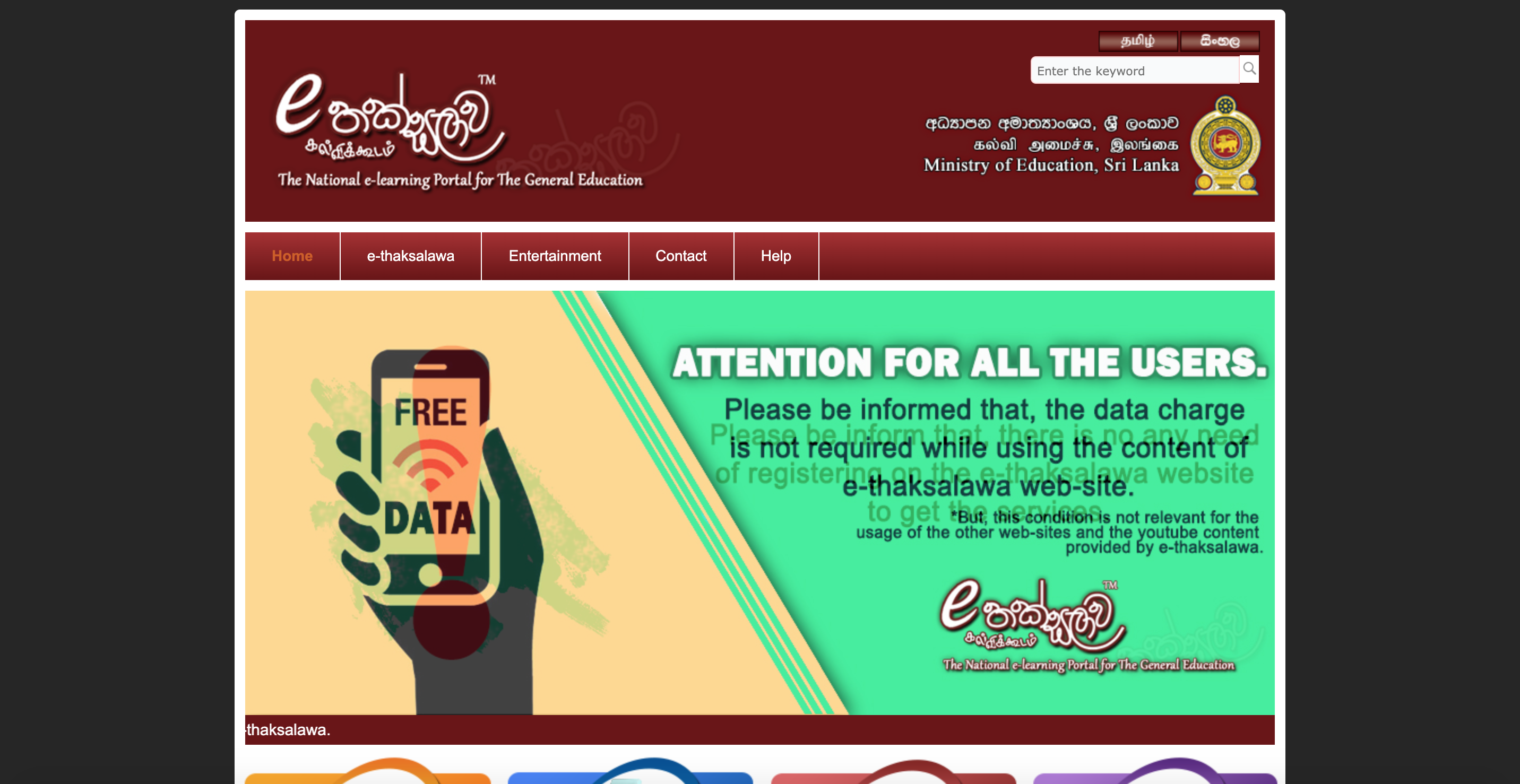
Author: Government of Sri Lanka
Audience: Teachers and Students
Language: English, Sinhala and Tamil
Geographical Scope: Sri Lanka
This consists of resources developed aligned to grade 1 to 13 curriculums such as creative lessons, all learning resources including past papers, term papers, questions, syllabuses, text books, teacher instructional materials.
The National e-portal and TV channel now focuses on as intermediary measures to support educational services during the temporary school closure. The National e-portal does not require data connection.
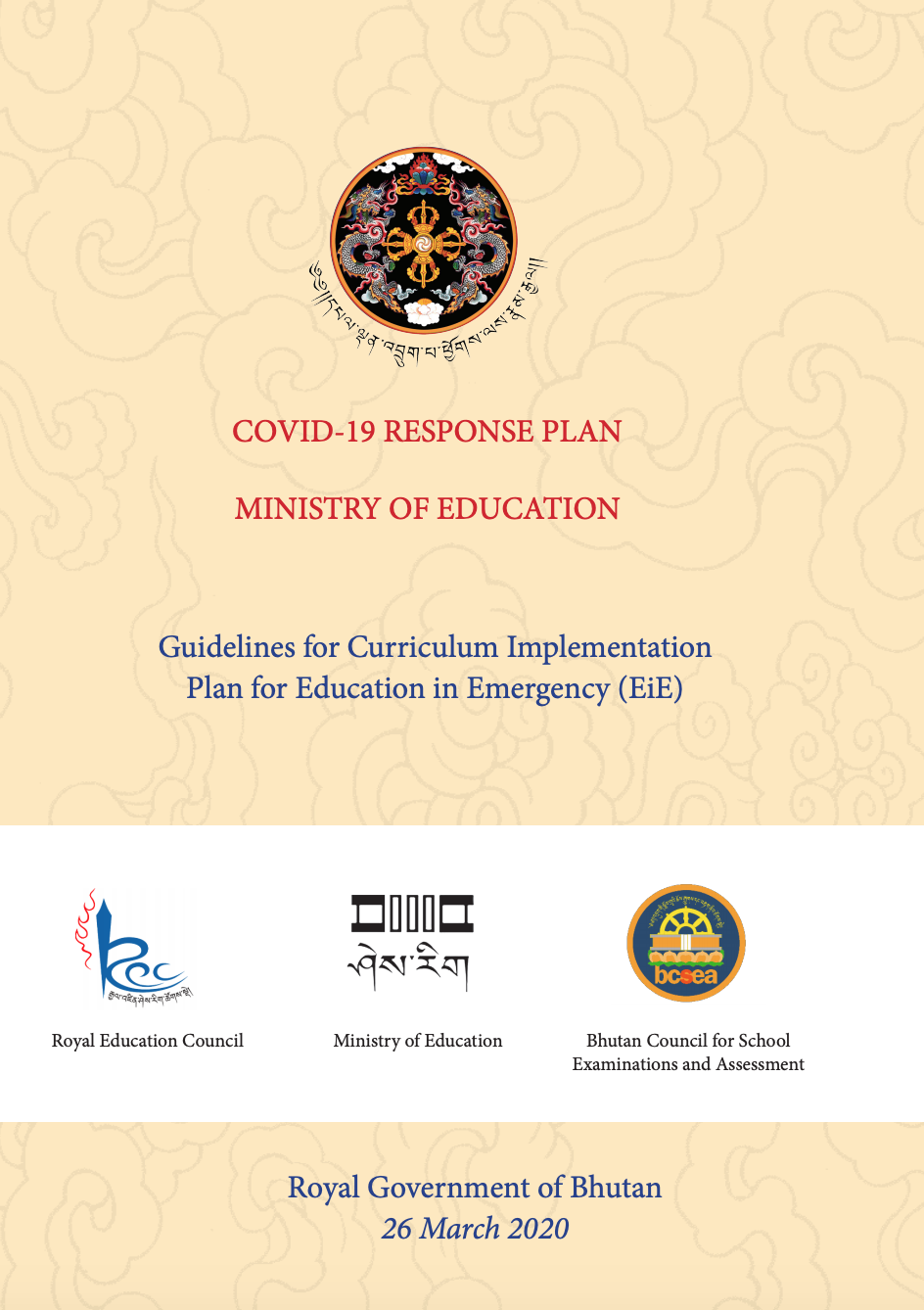
Author: Royal Government of Bhutan, Ministry of Education
Audience: Policymakers and Teachers
Language: English
Geographical Scope: Bhutan
Forwarding letter for Guidelines for Curriculum Implementation Plan for EiE (Education in Emergency)
Guidelines for Curriculum Implementation Plan for Education in Emergency (EiE)
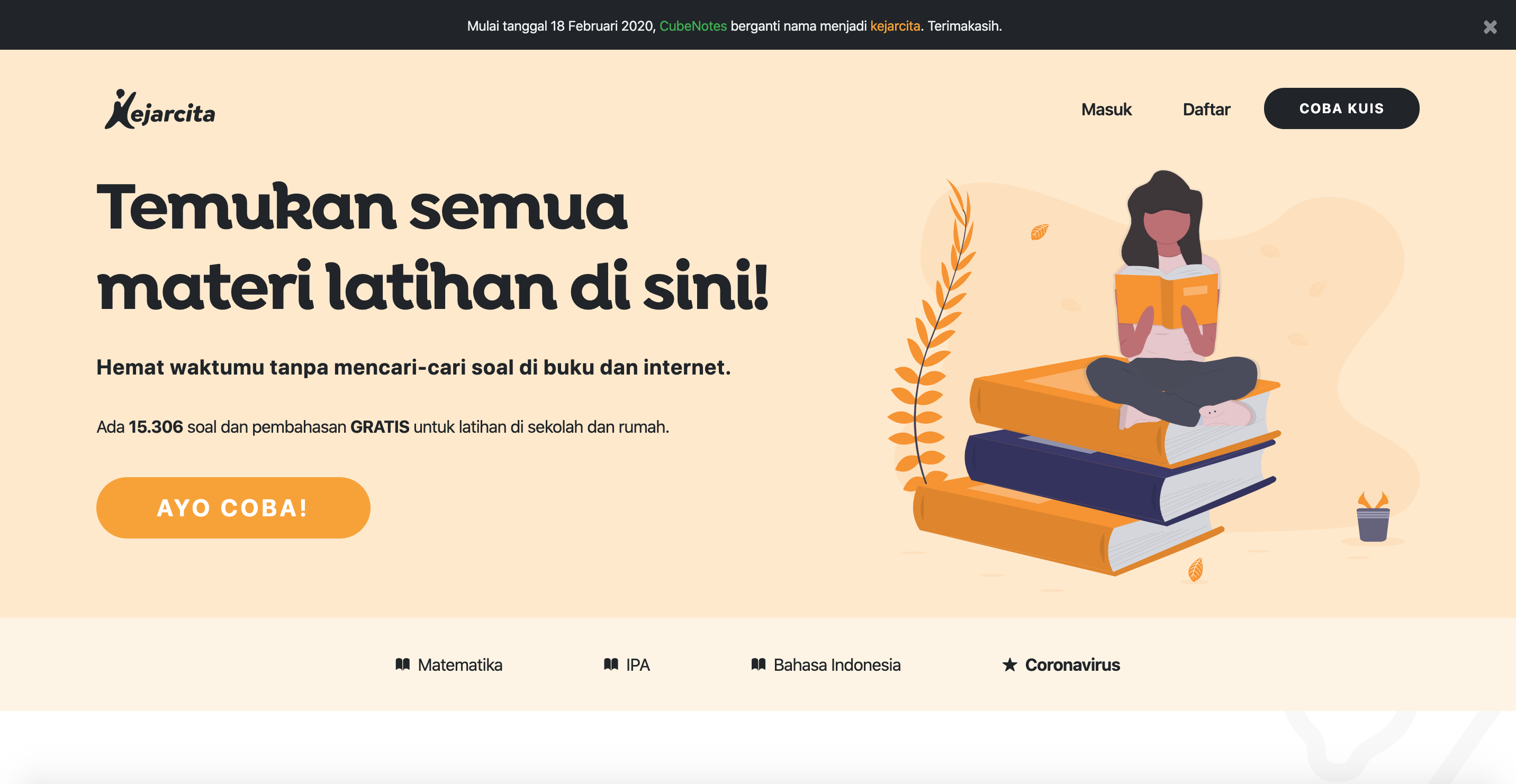
Author: PT Nota Kejar Cita
Audience: Caregivers and parents, Teachers and Students
Language: Bahasa Indonesia
Geographical Scope: Indonesia
Access thousands of questions and free discussion for practice at school and home. Questions and answers with experienced tutors about learning problems.


